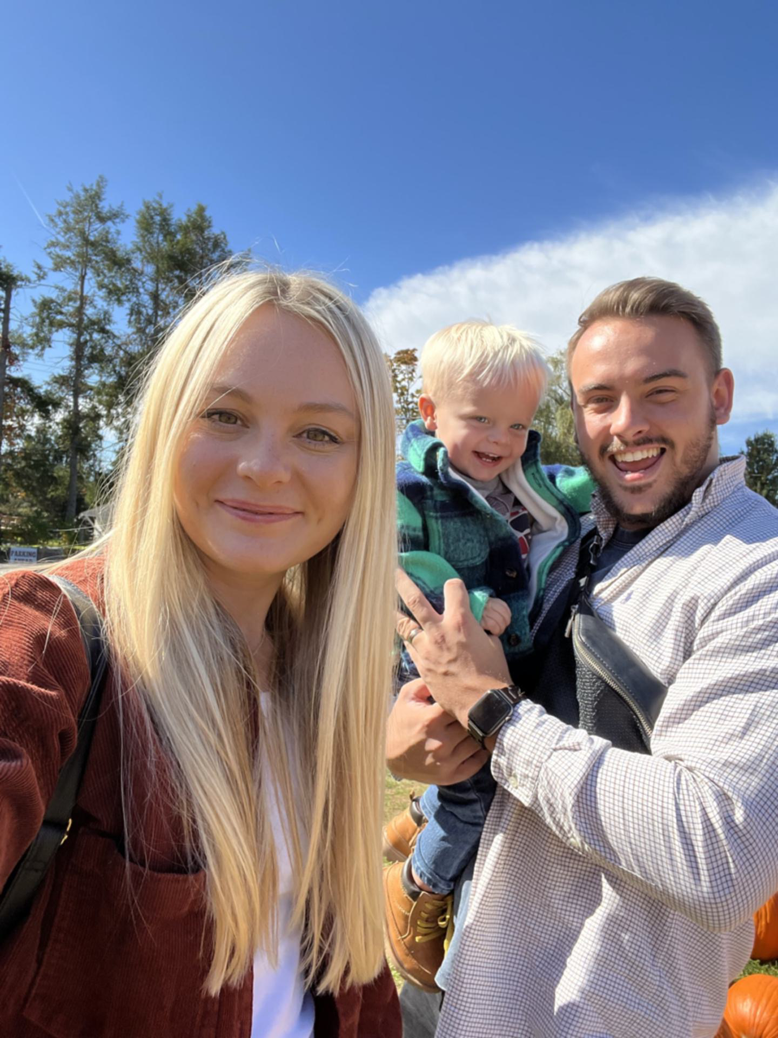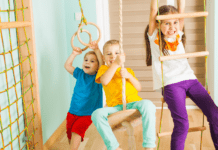 The journey into motherhood is often overwhelming for many of us. Sometimes the scary part is the idea of being responsible for this tiny, precious life, and other times it’s that overwhelming feeling of having one million things to do. At the same time, your toddler pours his Cheerios and milk onto your laptop as you contemplate, ‘how on earth am I going to pull this off today?’
The journey into motherhood is often overwhelming for many of us. Sometimes the scary part is the idea of being responsible for this tiny, precious life, and other times it’s that overwhelming feeling of having one million things to do. At the same time, your toddler pours his Cheerios and milk onto your laptop as you contemplate, ‘how on earth am I going to pull this off today?’
As parents, we jump through new hurdles every day and learn to balance so many things at once.
Like many others, I became pregnant during the pandemic and had no idea what to expect. Everything about our journey was unpredictable, and I have no doubt it created an entirely different experience compared to if it was pre-pandemic.
Like many during that time, I went to multiple appointments on my own and had constant anxiety that the week before I was due, my husband would test positive and wouldn’t be allowed into the hospital. I had to let go of all my expectations (which was d new concept for me). Not only was it crazy for all the reasons you can probably guess, but it also meant that my husband and I were very much on our own throughout it.
We took this as a challenge and laughed at it now when we had no help. It was the three of us against the world, the three amigos. To add to our complete sense of loneliness at the time, our entire family was 3000 miles away (not their choice), but since we’d moved to the US from the UK in 2019, not expecting a pandemic, it was how life turned out.
We moved from the UK to Westchester almost four years ago, and the travel bans prevented our family from traveling during our pregnancy and once our son was born. Even now, when they visit, it’s a fun week or two here and there where our little guy gets spoiled and treated to all the British chocolate he can handle.
Early on in our parenting journey, I started to realize just how helpful my background in Science and Anthropology would be when making decisions as a parent, and in particular, post-pandemic when the world felt slightly different.
We knew since we’d just moved to the US, we didn’t necessarily have the typical network surrounding us that most people have when they decide to have a baby, and the pandemic only enhanced this. Nevertheless, being in Westchester, we had built our own network.
Our ‘American’ family has very much become our family. They are the people we call in an emergency, who drop everything when we need something, spend the holidays with, celebrate the highs and commiserate with the lows. We show up for each other’s kids’ birthday parties knowing that family from abroad won’t always make it, but we can make up the numbers anyway!
Anthropologists call this alloparenting, having an extra pair of hands to parent your children as if they were your own family, your own kids. From an evolutionary perspective, it makes sense for human survival, keeping our young alive, and the species’ reproductive success. But it’s more than this; we know it now helps children with social and cognitive development.
Besides, having honorary uncles to play football with can never be aad. There is evidence of this happening early on in our species’ existence, and we see it in tribes and villages across the world where women often breastfeed children who biologically are not their own but a part of the community.
The science, in this case, is a gentle reminder that if it feels like you’re not meant to do it all alone, it’s because you’re not. If there’s one lesson I learned in the past two years, it takes a village, so we built our own from the community in Westchester.




















